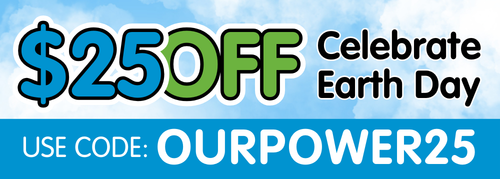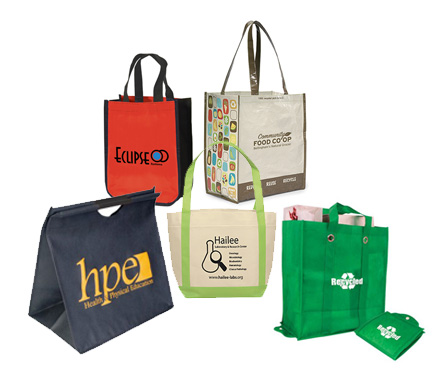Why Do We Need to Ban Single Use Plastic Bags?
By: Christine McLean, Eco Promotional Products, Inc.
Plastic bags have caused environmental damage we can no longer ignore. For many reasons communities are now stepping up and supporting bag bans. First, there is the impact on wildlife as animals become victims of entanglement or ingestion of plastic bag debris. Even after an animal dies and decomposes plastic bags can take hundreds of years to break down, the plastic re-enters the environment and continues to threaten wildlife. While plastic bags are slowly degrading they release toxic chemicals into the soil. Second, the greenhouse gas impact can be reduced by three times. This is based on using one reusable bag instead ten lightweight plastic bags per week, over a 2-yr period. Also, lightweight plastic bags, due to the sheer volume produced, consume more energy in their manufacture than reusable ‘green bags’. Lastly, while the average American family takes home almost 1,500 plastic shopping bags a year, less than 5% are recycled. Americans throw away 100 million plastic grocery bags a year, all ending up in landfills or as visible litter in communities. These are all great reasons to ban the bag.
In a perfect world everyone would abide by the three R’s — Reduce, Reuse, Recycle. Shoppers would think before taking a bag and then reuse or recycle their plastic bags at their grocery store. Far, fewer bags would end up in the environment, harming wildlife or wasted in a landfill. Unfortunately, that is not the case. Placing a ban on plastic bags reduces usage and brings much greater consumer awareness of their damaging consequences. Educating business associates, placing new grocery store parking lot signage and highlighting media coverage would go a long way to start educating people as to why using reusable bags is the right choice. While people might complain that they once received a “free” bag, it is not free when tax money has to be spent to clean up litter on highways, beaches, rivers, lakes and oceans. Up to 25% of that litter can be attributed to plastic bags alone.
Do incentives work?
Considering plastic bags have traditionally been handed out freely at every store, what does that mean for the bag bans and additional costs? Stores pay for the plastic bags they supply. With that cost gone, some stores will give discounts of 5 to 10 cents for each reusable bag brought in and used, rewarding
consumers for their actions and building the stores sustainability credentials. But does banning plastic bags make a difference? There are several cities that say it does. One example is the city of San Jose California. Compared to data collected pre-ordinance various litter surveys demonstrated a reduction of bag litter of approximately 89% in the storm drain system, 60% in creeks and rivers, and 59% in city streets and neighborhoods. Other cities are watching and waiting to see what the impact is before they implement their own bans. To succeed, a ban must have the support of its constituents. The word is spreading as we become more aware of the issues and consumers are adapting their actions. Clearly, the more we are educated on the problems our actions pose, the more likely we are to go about changing them.
Sources: www.cawrecycles.org, www.worldwatch.org, www.nrdc.org, www.epa.org, www.ntepa.nt.au
Something for everyone.
Eco Promotional Products, Inc. offers a huge assortment of reusable bags meant to help responsibly brand your logo. Choose from a broad variety of designs to fit every use and budget. Gain great visibility as people now tend to carry their bags with them to almost all outings!



